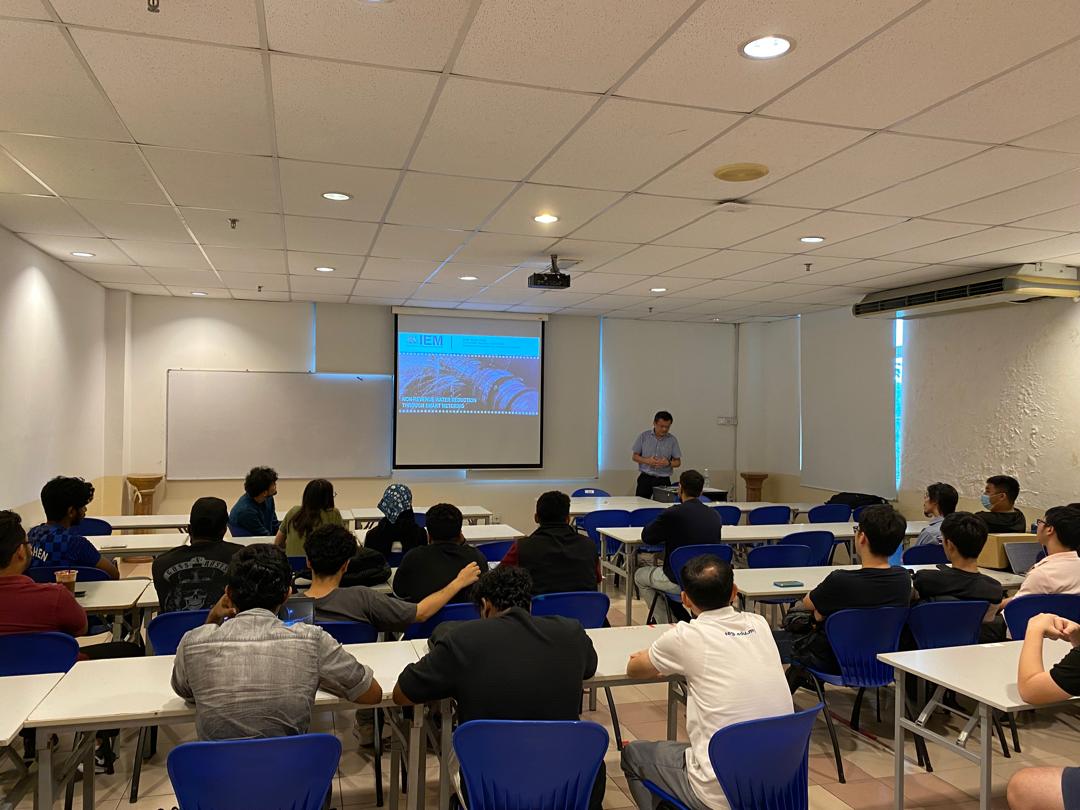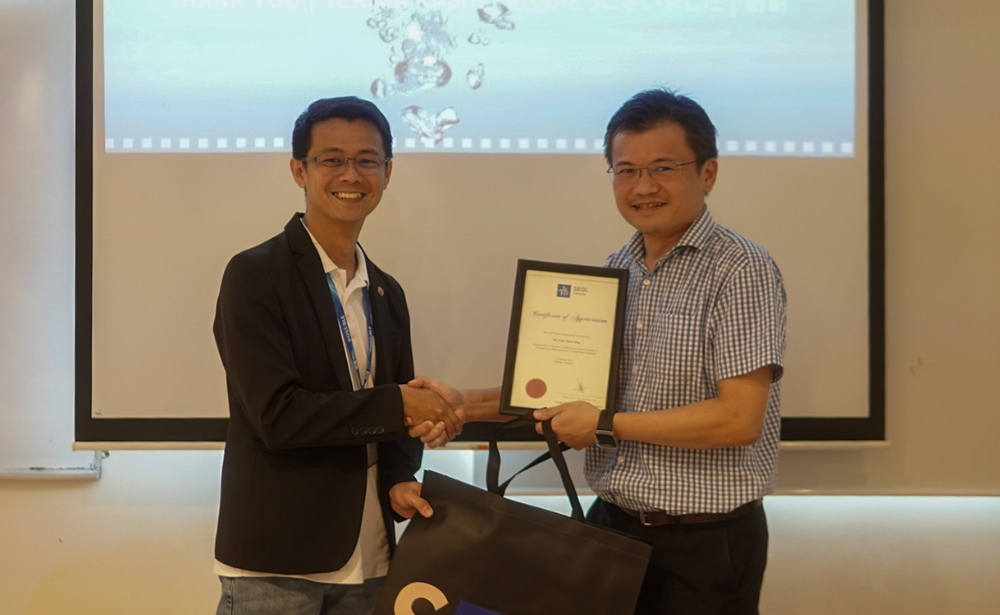SEGi University recently hosted an insightful session on non-revenue water (NRW) reduction and smart metering technologies, highlighting its ongoing commitment to sustainability, engineering excellence, and industry relevance. The talk, delivered by regional water technology expert Ir. Kho Tuck Sing, captivated students and professionals alike with a deep dive into one of the world’s most pressing water challenges.
Globally, utilities lose an estimated 126 billion cubic metres of water annually—water that has been treated and distributed, but never reaches consumers. These losses equate to a staggering USD 39 billion in financial impact every year, according to the World Bank. The session emphasised how tackling NRW is not only a cost-saving necessity but a moral imperative in the face of global water scarcity.
Kho, Regional Product Manager for Kamstrup Asia Pacific, shared how cutting-edge smart metering, including ultrasonic meters with acoustic leak detection, are transforming water distribution. These tools allow real-time leak identification and significantly increase measurement accuracy—two factors that directly address both real and apparent water losses. A successful case study from Denmark illustrated how infrastructure lifespan can be extended and operational costs significantly reduced through the adoption of such technology.
As part of the talk, Kho also shared his own personal journey in the engineering world—from graduating with a non-accredited degree to becoming a Chartered Engineer with the Engineering Council UK. His perseverance resonated deeply with SEGi’s students, reinforcing the importance of grit, growth, and lifelong learning in professional success.
The talk was not just a technological showcase; it was a powerful reminder of how engineering solutions can support the global sustainability agenda. With climate change accelerating and water demand projected to exceed supply by 40% by 2030, events like these play a critical role in preparing the next generation of engineers and technologists to meet global needs.
This event is organised in support of the following United Nations Sustainable Development Goals (SDG):
SDG 6: Clean Water and Sanitation | SDG 9: Industry, Innovation and Infrastructure | SDG 13: Climate Action.


